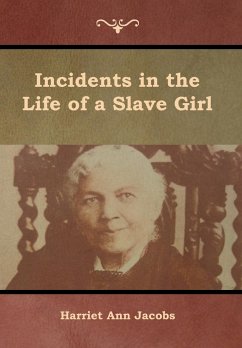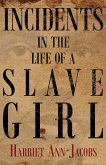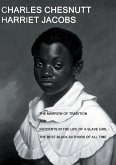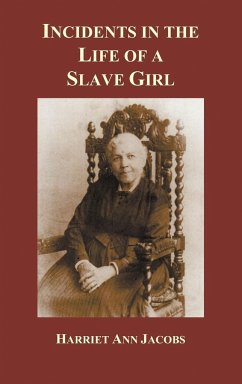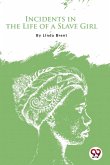Harriet Ann Jacobs (February 11, 1813 - March 7, 1897) was an American writer, escaped slave, abolitionist speaker and reformer. Jacobs' single work, Incidents in the Life of a Slave Girl, published in 1861 under the pseudonym "Linda Brent", was one of the first autobiographical narratives about the struggle for freedom by female slaves and an account of the sexual abuse they endured. Incidents in the Life of Slave Girl is considered a slave narrative as well as an example of feminist literature. Harriet Jacobs began composing Incidents in the Life of a Slave Girl while living and working at Idlewild, Willis's home on the Hudson River. Jacobs's autobiographical accounts were first published in serial form in the New York Tribune, a newspaper owned and edited by abolitionist Horace Greeley. Her reports of sexual abuse were considered too shocking for the average newspaper reader of the day, and the paper ceased publishing her account before its completion. The narrative was designed to appeal to middle class white Christian women in the North, focusing on the impact of slavery on women's chastity and sexual virtues. Christian women could perceive how slavery was a temptation to masculine lusts and vice as well as to womanly virtues. Jacobs criticized the religion of the Southern United States as being un-Christian and as emphasizing the value of money ("If I am going to hell, bury my money with me," says a particularly brutal and uneducated slaveholder). She described another slaveholder with, "He boasted the name and standing of a Christian, though Satan never had a truer follower." Jacobs argued that these men were not exceptions to the general rule. Much of Incidents in the Life of a Slave Girl was devoted to the Jacobs's struggle to free her two children after she escaped. Before that, Harriet spent seven years hiding in a tiny space built into her grandmother's barn to see and hear the voices of her children. Jacobs changed the names of all characters in the novel, including her own, to conceal their true identities. The villainous slave owner "Dr. Flint" was based on Jacobs's former master, Dr. James Norcom. Despite the publisher's documents of authenticity, some critics attacked the narrative as based on false accounts. There was a reaction against the more horrific details of slave narratives, and some readers acted as if they could not be true. (Wikipedia.org)

